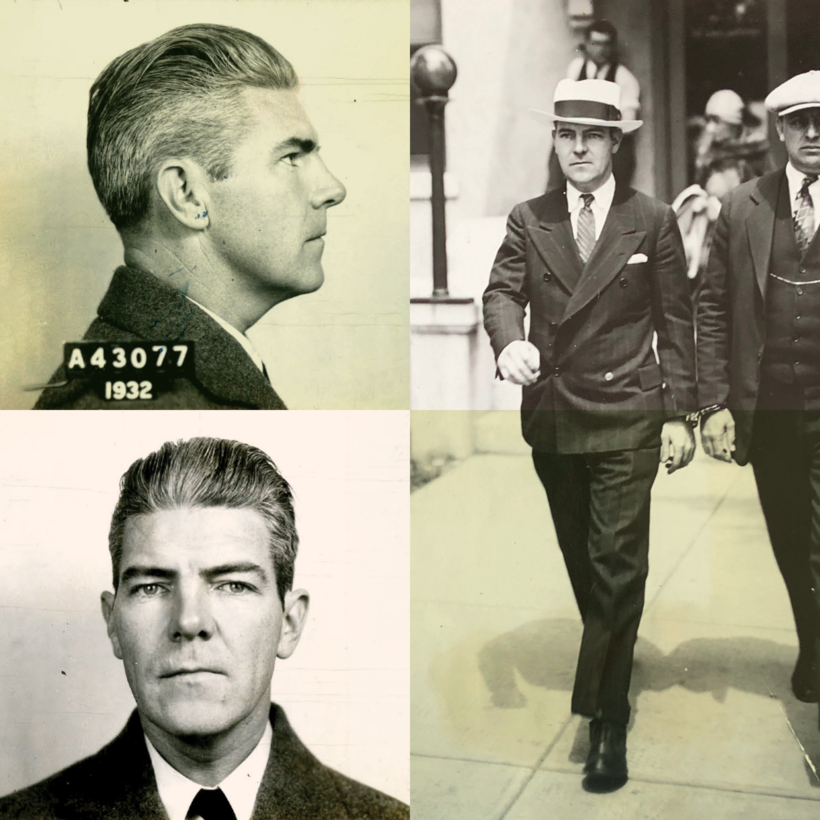Life magazine hailed him as “the greatest jewel thief who ever lived.”
In Jazz Age New York City, Arthur Barry hobnobbed with millionaires and celebrities as he planned his heists. He befriended Harry Houdini and led the Prince of Wales, Edward VIII, on a late-night tour of Manhattan speakeasies. He raided the mansions of the elite and scooped up diamonds, pearls, and other precious gems worth tens of millions. On the rare occasions he awakened his victims as he crept into their bedrooms, Barry soothingly assured them he was only there to steal their jewelry. “I know he’s terrible,” said one socialite he robbed. “But isn’t he charming?”

